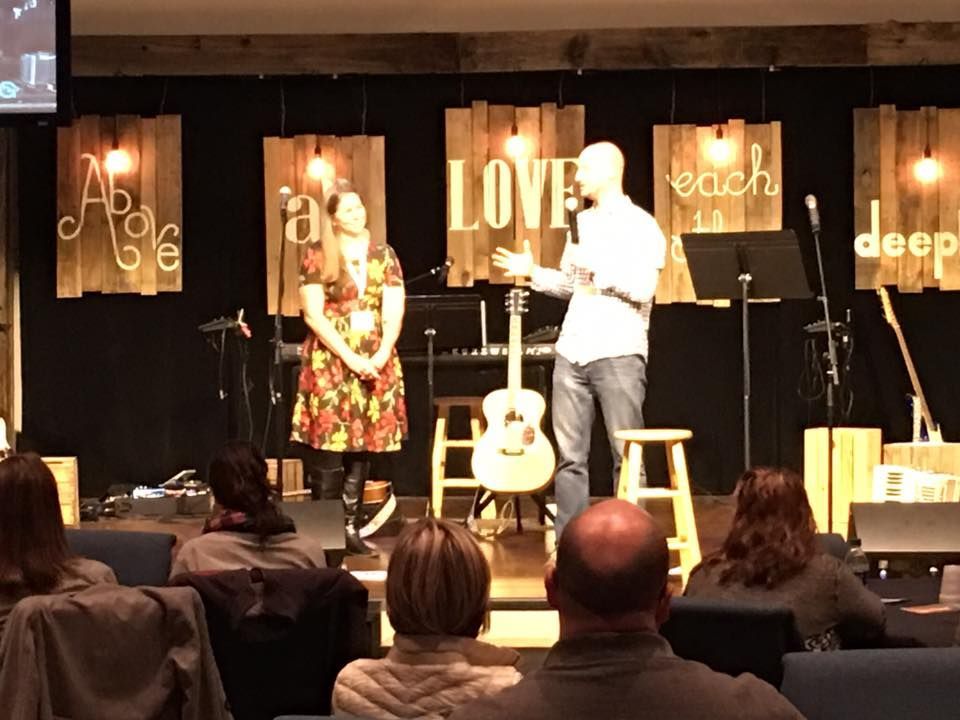Another great family reunion time with Ecclesia people!

Each year the Ecclesia National Gathering is a time of celebration for those within the network and other friends of Ecclesia.
We ARE sticking with gathering together at Missio Alliance THIS YEAR. We will make a more permanent decision in the future. We are really excited about this opportunity to be together and believe it will be an important and formative time. I also know that Missio Alliance will have a really solid event coming together that will be helpful to any church that decides to come.
Here is the basic summary …
* Wednesday Evening, March 27th – Optional Early Arrival/Organized Hang Out/Catch Up
* Thursday, March 28th – 8.30 am – 1.00 pm – Main Pre-Gathering
* Focus will be on how, as leaders and congregations, we maintain and engage the delicate balance between welcome and Orthodoxy when it comes to human sexuality. Our goal will be  to hear from Dave Fitch, possibly another leading thinker on the topic, the churches going through the learning community, and the others in our network that have walked this road. The Ecclesia Staff & Leadership are committed to maintaining timeless Orthodoxy around human sexuality within Ecclesia, while simultaneously creating space for our churches to work with one another to provide the maximum welcome possible amidst the various alternative sexual expressions on the rise today.
to hear from Dave Fitch, possibly another leading thinker on the topic, the churches going through the learning community, and the others in our network that have walked this road. The Ecclesia Staff & Leadership are committed to maintaining timeless Orthodoxy around human sexuality within Ecclesia, while simultaneously creating space for our churches to work with one another to provide the maximum welcome possible amidst the various alternative sexual expressions on the rise today.
We know this topic is significant, emotional, and quite sensitive for many churches. We realize it is important, not only the position we hold, but also in how communicate. As opposed to years past when we have allowed “non-Ecclesia” churches into this gathering, we will keep this exclusively for churches already in Ecclesia (or those in the application process that we are certain align with our values in this arena). Since the importance of this topic is most significant and there is much emotion when it comes to discussing it, we want this space to be safeguarded for sharing and processing.
While the event itself will be on our website, there will be no direct link to register because of our desire to keep this “closed”.
To register, please visit our Ecclesia Network Members Facebook Group.
(If you don’t have Facebook, you can send an email to Bob Hyatt
and we’ll send you the registration link)
Also- if you want to register for the main Missio Awakenings Gathering, you can do so here – Use the code “ECCLESIA@MISSIO” and get 10% off the registration price as an Ecclesia Member!







